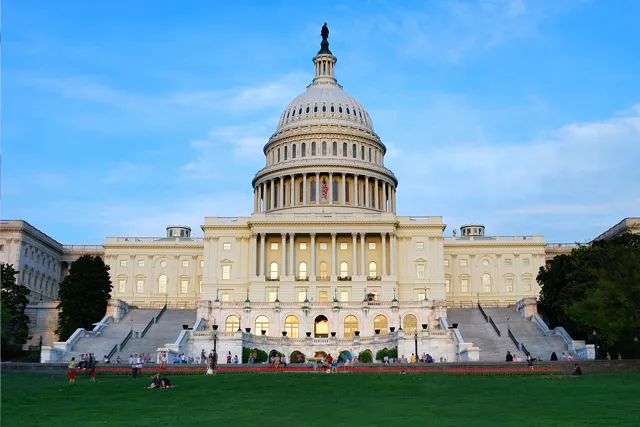ATDS Analysis: What Matters Post-Facebook
Under the Telephone Consumer Protection Act (TCPA), technology matters, and the type of dialing system can drastically change the risk profile of outbound calling activities. If a marketer is using an Automatic Telephone Dialing System (ATDS), then consent must be obtained prior to placing marketing or informational calls and texts to consumers. While informational calls and texts only require express consent, marketing calls from an ATDS must meet a much higher Express Written Consent requirement.
Exactly what an ATDS is (and is not) created a deep division among Federal Courts and a headache for businesses trying to comply with a Federal law inconsistently applied. On April 1, 2021, the Supreme Court stepped in to resolve this divide in Facebook v. Duguid, finding that in order to be an ATDS, “a device must have the capacity either to store a telephone number using a random or sequential number generator or to produce a telephone number using a random or sequential number generator.”
Six months later, we’re beginning to understand how lower courts will interpret this ruling:
- Random or Sequential Number Generation: Unsurprisingly, courts interpreting the Facebook ruling have focused in on whether the system at issue randomly or sequentially generates numbers. Some courts analyzing this issue have been persuaded that calls and texts targeting particular consumers, calls placed only to numbers on loaded lists, or emergency alerts sent to a particular user are not an ATDS. Additionally, at least one court has let litigation proceed when the text messages at issue were generic and could have plausibly been sent using a random or sequential number generator.
- Capacity: Courts still seem divided on whether the mere capacity to automatically or sequentially dial makes a system an ATDS or whether that function actually needs to be used in order to run afoul of the TCPA.
- Human Intervention: Prior to Facebook, human intervention was central to some courts’ ATDS analysis. However, post-Facebook, the issue of whether human intervention is part of a dialer’s process seems to have moved from the center stage. For instance, some cases involving a dialer using a human agent to initiate calls have focused primarily on the random or sequential number generation and less on the degree to which a human is involved in creating calls. Cases pre-Facebook reviewing similar systems primarily focused on the degree of human intervention.
Although it’s clear that we’ve come far from the fractured interpretations of what an ATDS is, it may still take some time before we truly understand how courts will apply the Facebook ruling.
If your business is calling or texting, it’s important to understand whether you are using an ATDS and, if you are, whether you have the appropriate level of consent documented prior to placing calls. You should also be aware of more restrictive state rules such as Florida’s, which has a broad definition of automated technology.
If you have additional questions about the TCPA or ATDS, or other questions related to telemarketing compliance, do not hesitate to reach out to us at connect@compliancepoint.com.
Finding a credible expert with the appropriate background, expertise, and credentials can be difficult. CompliancePoint is here to help.





